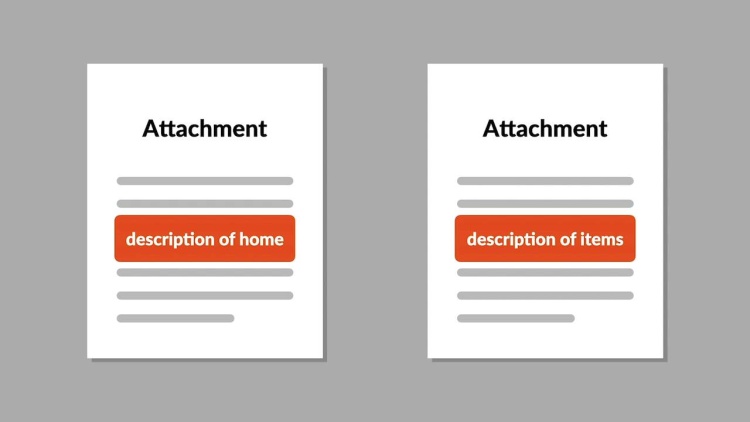United States v. Grubbs
United States Supreme Court
547 U.S. 90 (2006)

- Written by Richard Lavigne, JD
Facts
A federal postal inspector set up an undercover website in a sting operation intended to catch purchasers of child pornography. Jeffrey Grubbs (defendant) ordered a video from the website. A postal inspector applied for a search warrant. The affidavit stated that the warrant would only be executed once the package containing the video had been accepted by someone at Grubbs’s residence. Two attachments to the affidavit provided information describing Grubbs’s home and the type of evidence the inspectors anticipated finding. After the package was delivered, the inspectors executed a search of Grubbs’s home. The inspectors served the warrant on Grubbs about 30 minutes into the search. The warrant included the attachments describing Grubbs’s home and the anticipated evidence, but the affidavit describing the conditions that would trigger execution of the warrant was not attached. Grubbs was arrested and ordered to appear before a grand jury on charges of receiving child pornography. Grubbs moved to exclude the search evidence and argued that the warrant was invalid because it did not contain the affidavit describing the conditions that would trigger execution. The motion was denied, and Grubbs pled guilty but reserved the right to appeal the motion denial. The appellate court reversed Grubbs’s conviction, holding that an anticipatory warrant is invalid if the affidavit describing the conditions triggering execution is not provided to the person whose property is subject to search. The United States (plaintiff) petitioned the Supreme Court for review.
Rule of Law
Issue
Holding and Reasoning (Scalia, J.)
Concurrence (Souter, J.)
What to do next…
Here's why 907,000 law students have relied on our case briefs:
- Written by law professors and practitioners, not other law students. 47,100 briefs, keyed to 996 casebooks. Top-notch customer support.
- The right amount of information, includes the facts, issues, rule of law, holding and reasoning, and any concurrences and dissents.
- Access in your classes, works on your mobile and tablet. Massive library of related video lessons and high quality multiple-choice questions.
- Easy to use, uniform format for every case brief. Written in plain English, not in legalese. Our briefs summarize and simplify; they don’t just repeat the court’s language.





